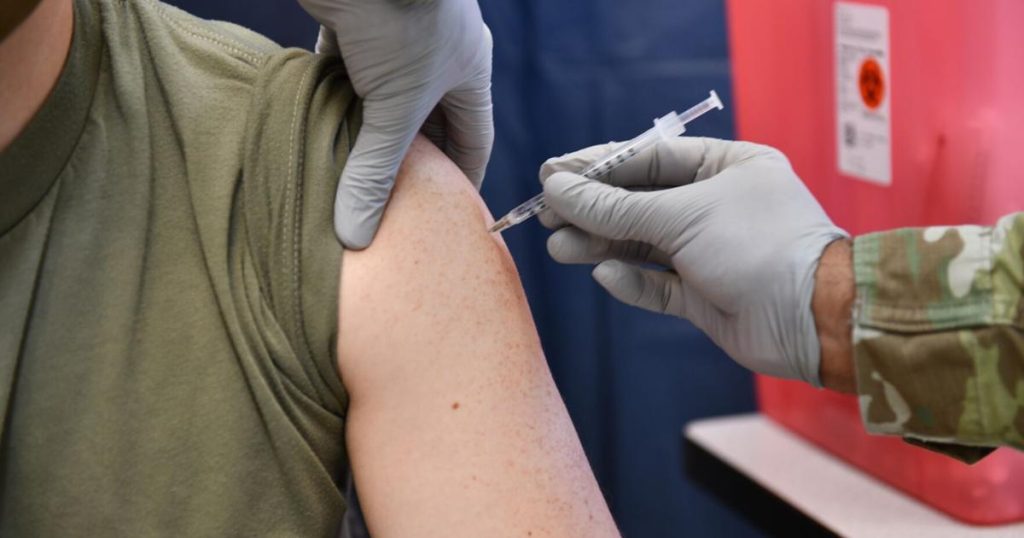Secretary of HHS, Robert Kennedy Jr. announced on June 10 that he would be pressing the reset button on CDC’s Advisory Committee on Immunization Practices, aka ACIP, by replacing all members. For anyone familiar with the prior makeup of this committee, this came as very welcome news.
ACIP develops vaccine recommendations for children and adults, which include the ages when the vaccine should be given, the number of doses needed, the amount of time between doses, and precautions and contraindications. The Centers for Disease Control and Prevention sets the U.S. adult and childhood immunization schedules based on recommendations from ACIP.
This committee has historically been the poster child for corporate capture of our regulatory apparatus at the federal level. Widespread reports, including a congressional report from 2000, have shown decades of alleged corruption and conflicts of interest.
This is the same committee that recommended every infant in America receive a Hepatitis B vaccine on day one of life, after safety testing on a mere 147 infants for five days. Perhaps for babies born to mothers with Hepatitis B, this could make sense, but for the other 99.5% it is a pretty tough case to make, especially with such limited data.
The average person may ask: Why would this group of “experts” do something like that? As usual, the answer comes back to the root of all evil, and that is, of course, money. Once a vaccine is added to the childhood schedule, sales are virtually guaranteed in perpetuity. For the company producing the product, it becomes a cash cow. Thus, the members of this very important committee are under tremendous pressure to vote in favor of these products. Not surprisingly, they very rarely reject one.
Given that vaccines approved for the childhood schedule grant manufacturers immunity from liability, ACIP committee members bear a critical responsibility to rigorously evaluate vaccine safety and efficacy, ensuring only those with robust evidence of benefit and minimal risk are recommended, as their decisions directly impact public health and trust.
Some have criticized this reset of the ACIP, including my former colleague U.S. Sen. Bill Cassidy, R-La. He complains that the recently appointed members lack experience studying new technologies such as mRNA vaccines and that this will be a cause for skepticism of their recommendations.
He was also quoted as saying, “Now the fear is that the ACIP will be filled up with people who know nothing about vaccines except suspicion.”
Cassidy should also note that the new ACIP members lack direct financial ties to the products they will be voting on. His claim also dismisses legitimate concerns grounded in critical thinking, undermining credibility by ignoring well-documented issues surrounding vaccine safety and the childhood immunization schedule.
Concerns about vaccines are not mere suspicion but stem from critical analysis of real issues such as historical instances of adverse events, the growing childhood vaccine schedule, which now includes over 70 doses by age 18, the lack of long-term studies comparing health outcomes in vaccinated versus unvaccinated populations and the accelerated approval of certain vaccines with limited safety data, as seen during the COVID-19 pandemic.
As a practicing physician looking for the best guidance to pass along to my patients, I would urge Senator Cassidy and other critics to give Secretary Kennedy a chance to restore credibility in our federal healthcare institutions by breaking the cycle of corporate capture. Reform of the ACIP committee represents an obvious and important step toward Making America Healthy Again.
Dr. Ralph L. Abraham M.D. is the Louisiana Surgeon General.


